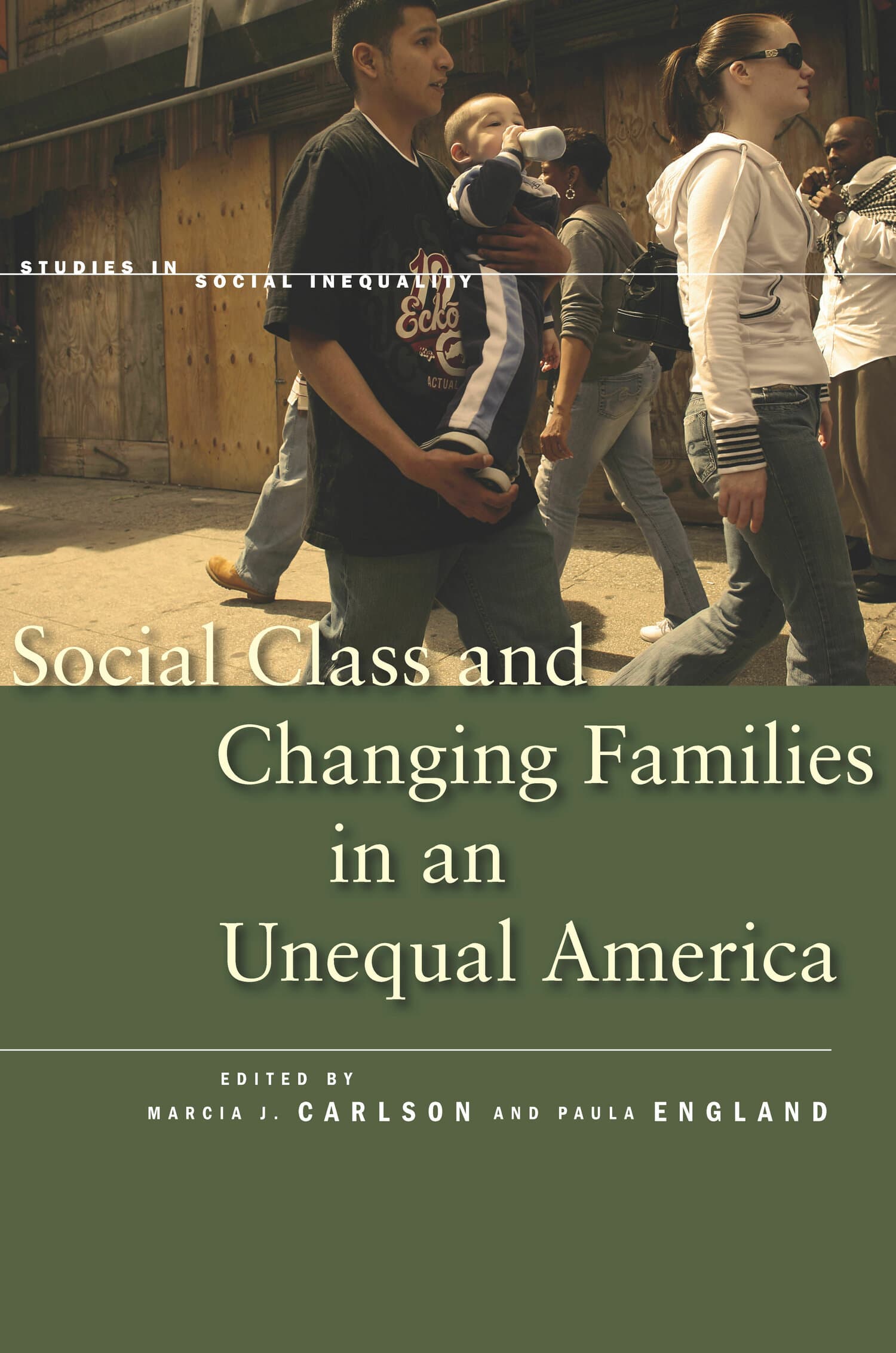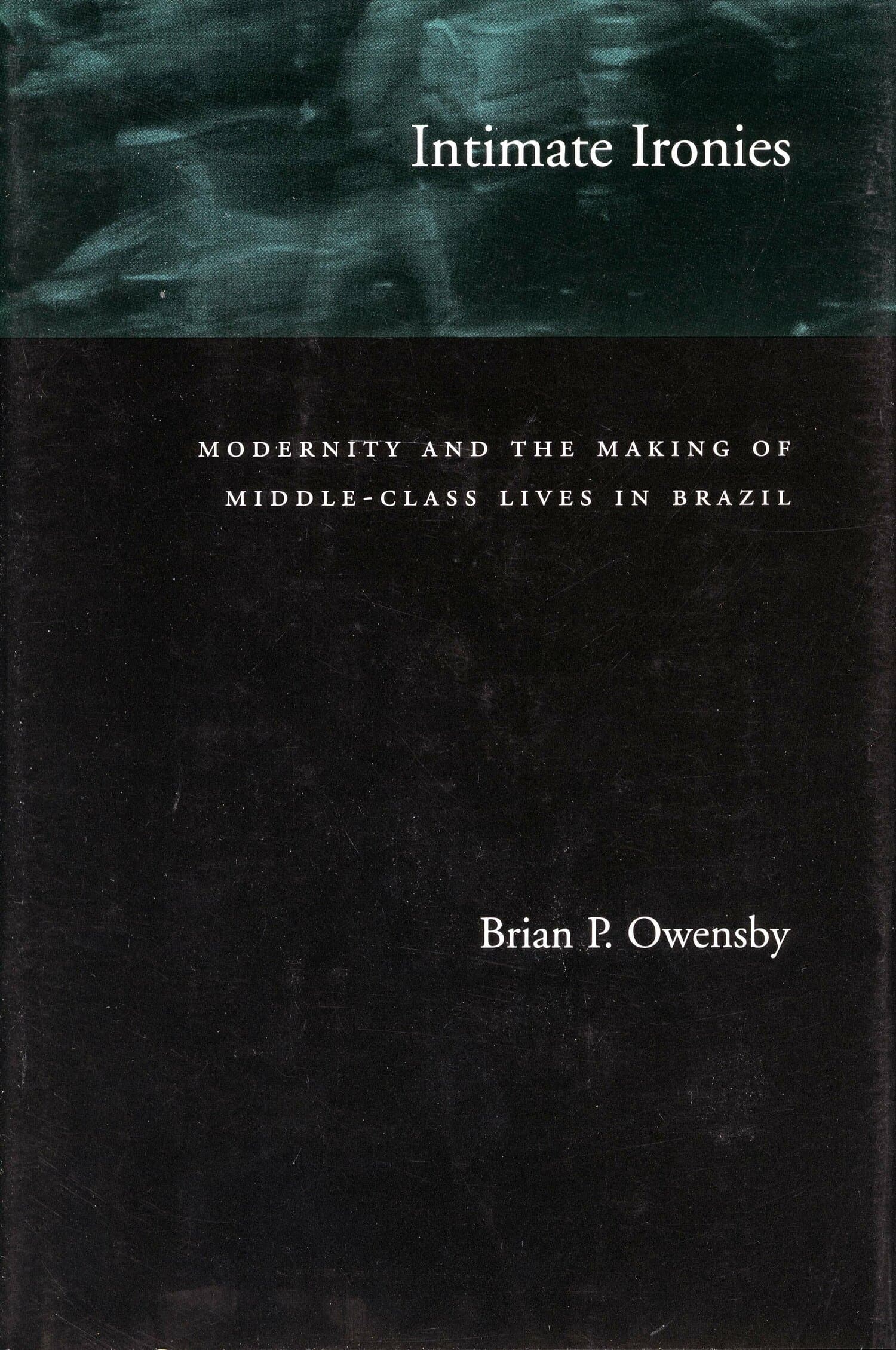Broke

About 1.5 million households filed bankruptcy in the last year, making bankruptcy as common as college graduation and divorce. The recession has pushed more and more families into financial collapse—with unemployment, declines in retirement wealth, and falling house values destabilizing the American middle class. Broke explores the consequences of this unprecedented growth in consumer debt and shows how excessive borrowing undermines the prosperity of middle class America.
While the recession that began in mid-2007 has widened the scope of the financial pain caused by overindebtedness, the problem predated that large-scale economic meltdown. And by all indicators, consumer debt will be a defining feature of middle-class families for years to come. The staples of middle-class life—going to college, buying a house, starting a small business—carry with them more financial risk than ever before, requiring more borrowing and new riskier forms of borrowing. This book reveals the people behind the statistics, looking closely at how people get to the point of serious financial distress, the hardships of dealing with overwhelming debt, and the difficulty of righting one's financial life. In telling the stories of financial failures, this book exposes an all-too-real part of middle-class life that is often lost in the success stories that dominate the American economic narrative.
Authored by experts in several disciplines, including economics, law, political science, psychology, and sociology, Broke presents analyses from an original, proprietary data set of unprecedented scope and detail, the 2007 Consumer Bankruptcy Project. Topics include class status, home ownership, educational attainment, impacts of self-employment, gender differences, economic security, and the emotional costs of bankruptcy. The book makes judicious use of illustrations to present key findings and concludes with a discussion of the implications of the data for contemporary policy debates.
"[Broke paints] a vivid picture of a complex problem. Supplemented by graphs that help the reader visualize the trends, the content is accessible to students as well as [Family and Consumer Science] professionals of all disciplines who are seeking to understand our changing economic world in a partisan political climate. In addition to providing solid, timely research data, the book is engaging and well written."—Jean M. Lown, Journal of Family and Consumer Sciences
"[T]imely . . . Recommended."—S. Pressman, CHOICE
"Going to college and buying a home used to be pathways to the middle class. Broke shows that for increasing numbers of Americans they are pathways to personal bankruptcy. This outstanding collection of essays documents the social costs of America's ongoing household debt crisis, and the many ways in which public policy has rigged the game against borrowers."—Isaac William Martin, University of California, San Diego, author of The Permanent Tax Revolt: How the Property Tax Transformed American Politics
"For anyone tired of hype and rhetoric, at last a book that analyzes the growing effects of debt and bankruptcy on the middle class with rigor and data. Each chapter, crisply written and rich with analysis, lets readers draw their own conclusions." —John A. E. Pottow, University of Michigan Law School
"An important collection on consumer finance that offers a troubling window on the financial stresses on the American middle class. Broke breaks new ground in exploring families in bankruptcy, examining the interaction of issues like race, mortgage debt, and student loan debt with the bankruptcy process."—Adam J. Levitin, Georgetown University Law Center
"Too many American families are deep in debt because their wages haven't kept up, their jobs are vanishing, and their homes worth less and less. It's not only a human tragedy for them but also a national problem as their debt burden hobbles the American economy and their inability to repay cripples lenders. What should be done? Here's a useful and insightful guide to policies that can help."—Robert B. Reich, author of Aftershock: The Next Economy and America's Future
"Risk and return are inseparable. While debt can enable families to buy homes, obtain education, and start businesses, it does so by amplifying both upturns and downturns. Broke clearly illustrates the consequences when overextended families experience the roller coaster ride leading to bankruptcy."—Peter Tufano, University of Oxford




